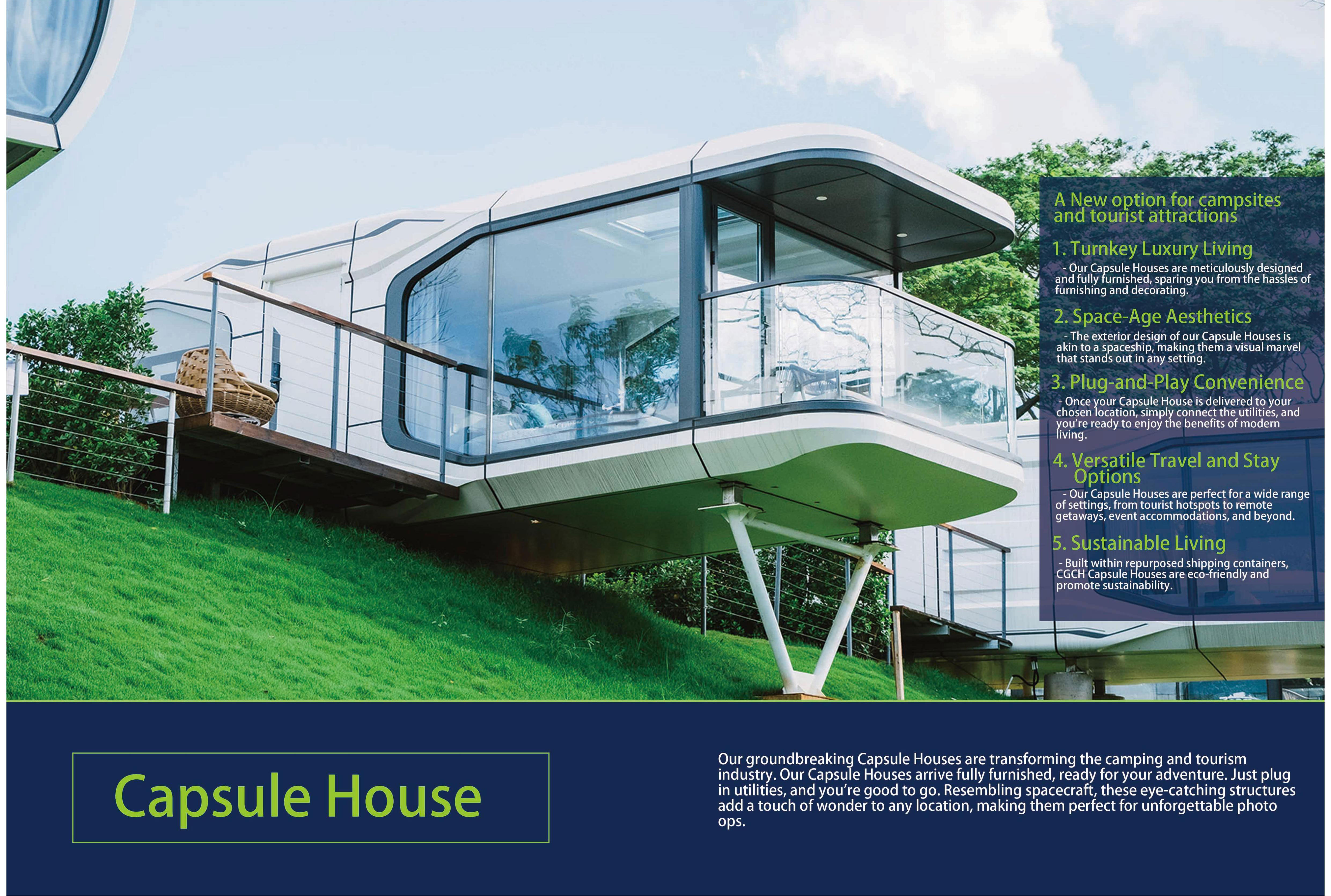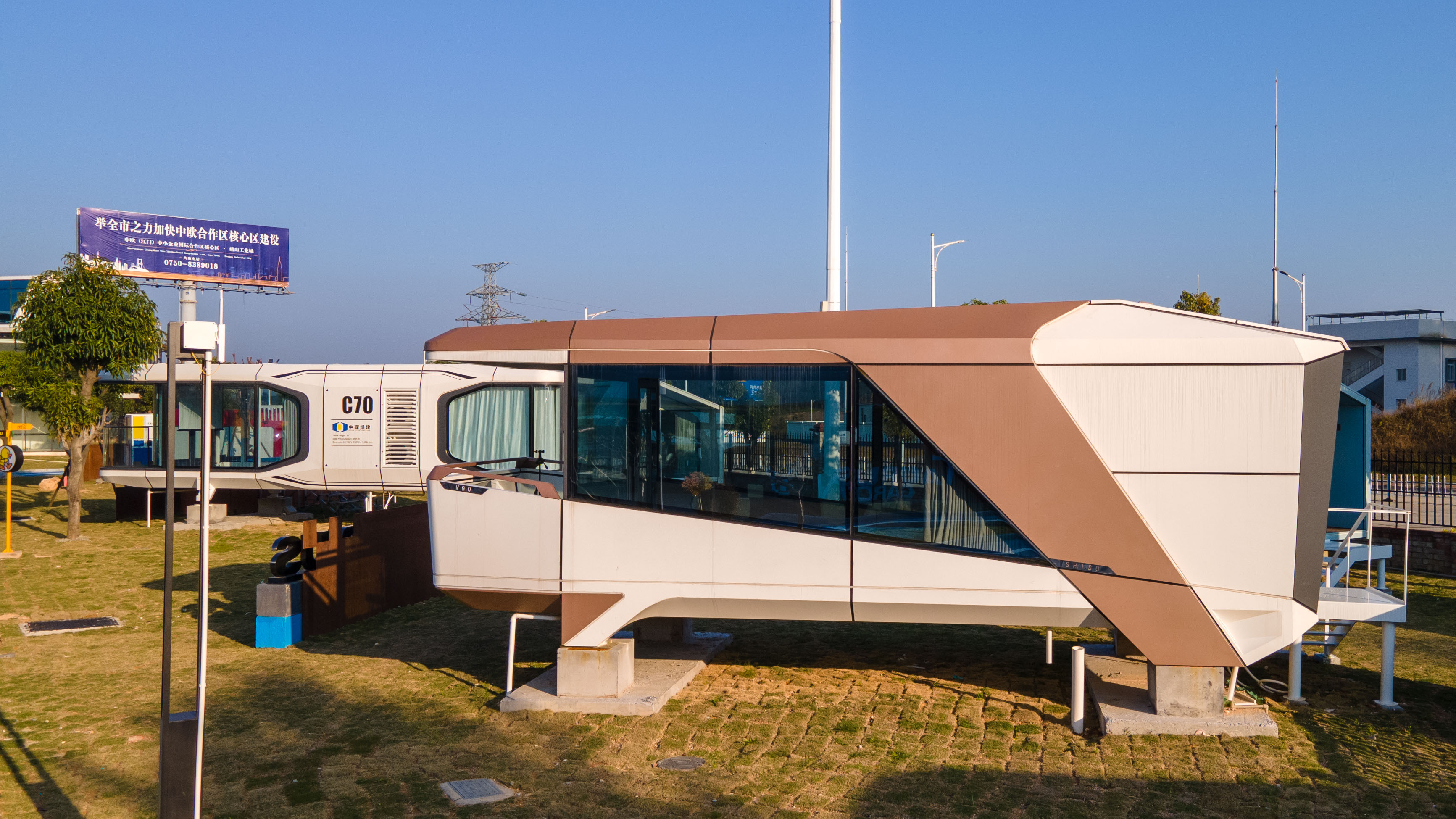Why Modular Houses Are the Future of Sustainable Living
Modular homes are significantly identified as an essential service for sustainable living, using a blend of effectiveness, cost-effectiveness, and ecological benefits. The flexibility of modular styles allows for the assimilation of sustainable technologies and products customized to individual demands.
Ecological Benefits of Modular Houses
The environmental advantages of modular homes stand for a considerable action toward lasting living. These homes are constructed in controlled manufacturing facility setups, which dramatically minimizes waste produced during the building procedure. By maximizing materials and decreasing excess, modular building adds to an extra effective use of resources contrasted to traditional building approaches.
Additionally, modular homes are frequently created with energy efficiency in mind. Several integrate advanced insulation strategies, energy-efficient home windows, and sustainable products, adding to reduced energy usage. This can result in lowered greenhouse gas exhausts over the lifespan of the home, enhancing its total environmental account.
The capacity to transport and assemble modular elements on-site likewise minimizes the carbon footprint related to building and construction logistics. Additionally, numerous modular homes are constructed to be versatile and conveniently upgradeable, permitting homeowners to implement sustainable innovations, such as photovoltaic panels and energy-efficient home heating systems, gradually.
Inevitably, the environmental advantages of modular homes not just promote lasting living but likewise motivate a more responsible strategy to housing growth, straightening with global efforts to deal with climate change and maintain natural deposits for future generations.
Cost-Effectiveness and Price
Structure a home often represents one of the biggest financial investments people make in their lifetime, and modular homes offer an engaging solution for those seeking cost-effectiveness and price. Among the key benefits of modular homes is their lower building and construction prices contrasted to traditional site-built homes. The streamlined manufacturing process permits for considerable cost savings on labor and materials, which equates to lower prices for customers.
In addition, modular homes generally have shorter construction timelines. This not only lowers costs associated to funding and insurance coverage but also alleviates the dangers connected with rising cost of living and fluctuating market conditions. Several customers discover that modular homes can be personalized to fit their budget plans without compromising quality or layout.
Furthermore, energy efficiency is typically developed right into the design of modular homes, leading to decreased utility expenses with time. Many manufacturers focus on lasting materials and methods, even more boosting the lasting monetary stability of these homes. On the whole, the combination of initial expense financial savings, quick building and construction, and recurring power performance makes modular homes an attractive choice for those seeking to purchase sustainable living without breaking the financial institution.
Effectiveness in Construction
Modular homes not only offer monetary advantages yet also master construction efficiency. The modular structure process entails the simultaneous building and construction of components in a manufacturing facility setup while website preparation occurs concurrently. This identical strategy considerably minimizes the general timeline from conception to completion, frequently cutting construction time by up to half contrasted to conventional approaches.
In addition, factory-controlled environments improve high quality guarantee. By utilizing accuracy manufacturing methods, modular homes are constructed to exact requirements, decreasing waste and errors. This uniformity not only brings about a greater top quality item yet also adds to lasting practices by decreasing product waste during construction.
Furthermore, the usage of modern technology and automation in the production procedure permits for quicker assembly and reduced labor expenses. Once the modules are transported to the website, they can be successfully put together, even more expediting the timeline. This streamlined procedure is not just valuable for contractors but additionally reduces interruptions to the surrounding atmosphere during building and construction.
Modification and Style Adaptability
An impressive selection of modification alternatives distinguishes modular homes, enabling home owners to tailor their space to satisfy details requirements and choices. This style adaptability is a characteristic of modular building and construction, enabling clients to select everything from floor plans and room designs to components and coatings. Unlike conventional homes, modular styles help with a joint method where building contractors and engineers function closely with homeowners, ensuring that each facet straightens with visual wishes and private lifestyles.
Furthermore, modular homes can be quickly reconfigured or increased, fitting transforming household characteristics or progressing personal preferences. This adaptability not only boosts the home's capability yet additionally adds to long-term sustainability, as property owners can modify their spaces instead of look for new housing remedies.

Future Fads in Sustainable Housing
Emerging trends in sustainable real estate are improving the landscape of household construction, highlighting cutting-edge innovations and environmentally friendly practices. One considerable pattern is the integration of wise home modern technology, which boosts energy effectiveness through automated systems that optimize and monitor energy consumption. This not only reduces energy prices but likewise contributes to a lower carbon impact.
Furthermore, the use of sustainable products is ending up being significantly typical. Contractors are choosing reused, locally sourced, or swiftly eco-friendly products, which lessen ecological effect and assistance neighborhood economic situations. Modular homes are gaining appeal for their decreased waste throughout building and their link flexibility to different surfaces and environments.
One more trend is the incorporation of environment-friendly roofs and living wall surfaces, which enhance air top quality and provide natural click site insulation. These attributes additionally advertise biodiversity in city areas.
Conclusion
In conclusion, modular homes emerge as a crucial solution for sustainable living, using significant environmental advantages with reduced waste and power efficiency. Their cost-effectiveness and price deal with the expanding real estate needs in city locations, while reliable building and construction processes improve total efficiency. The intrinsic modification and design versatility cater to diverse choices and needs. As fads in lasting real estate advance, modular homes are positioned to play an essential duty in promoting environment-friendly living techniques for future generations.
Building a home typically represents one of the biggest monetary investments individuals make in their lifetime, and modular homes offer a compelling remedy for those looking for cost-effectiveness and cost. One of the main benefits of modular homes is their lower building costs contrasted to conventional site-built homes. In general, the mix of first cost savings, fast building and construction, and recurring energy efficiency makes modular homes an eye-catching alternative for those looking to invest in lasting this article living without breaking the bank.
Eventually, the customization and design flexibility provided by modular homes make certain that they are not simply structures, however individualized havens that show the one-of-a-kind identifications of their passengers while advertising sustainable living practices.
